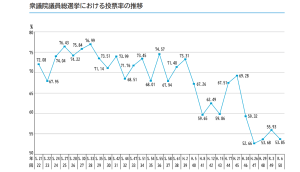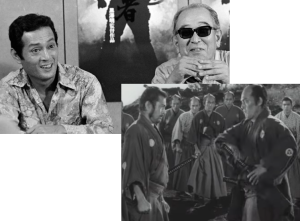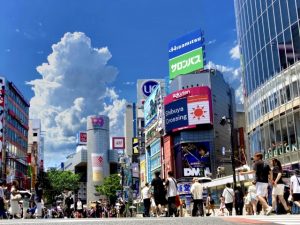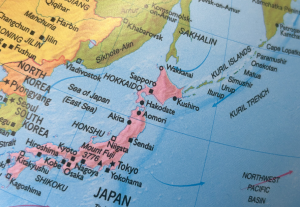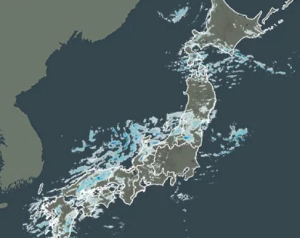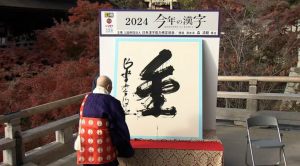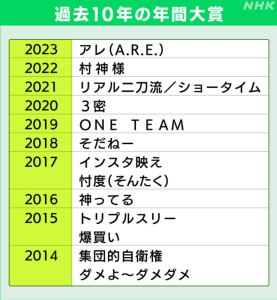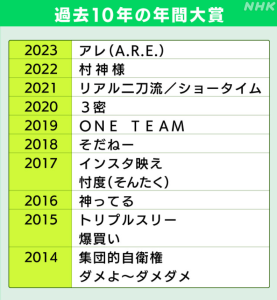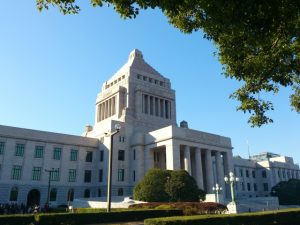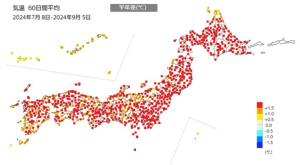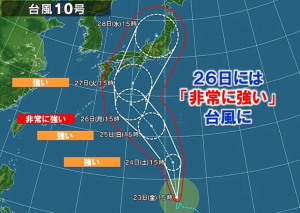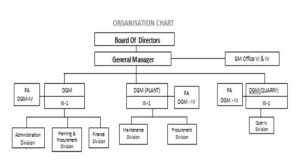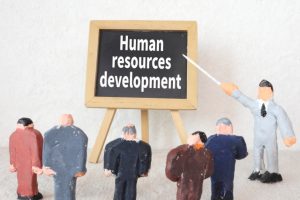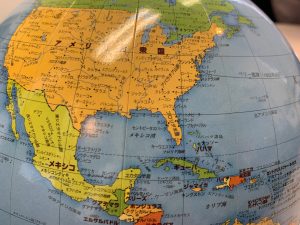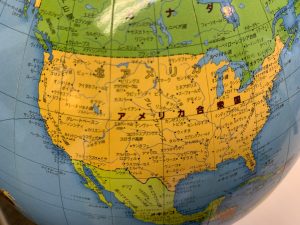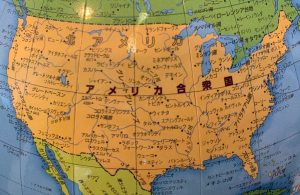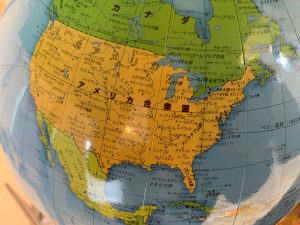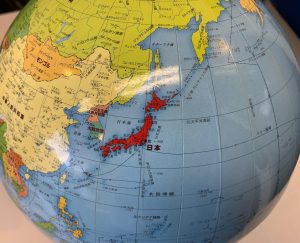Re: A news item and subject which I just want to check out (86) March 31, 2023
March has passed in the blink of an eye, and it is April from tomorrow at last. It seems to be spring in full bloom, and brightness and bustle are back due to cherry blossoms blooming all at once coupled with almost settled corona problem. When I get on the Tokaido Shinkansen, foreign tourists stand out, and it is almost full. It is a lot different from when there were several people in one car under declaration of a state of emergency. And stations are also crowded with many people.
The graduation ceremony has already ended, and it is a season of entrance ceremony and company entrance ceremony now. I remember the time when I became a member of society about 60 years ago with nostalgia like the other day. At that time, I felt a sense of anxiety during my first visit to the place assigned to Yamaguchi Prefecture, and at the same time I had a feeling that “I am going to do my best now”.
■■I would like to write about my recent thoughts.
■What I told new employees at the entrance ceremony in the period of my previous job:
I had several opportunities to give congratulatory speeches and say words of encouragement to the new employees. What I always told new working adult was “What is in front of you is a canvas of pure white that has not been drawn. It is up to you to paint whatever picture you want to draw on this. Even if it is a bad picture, it is okay. I want you to do your best to draw a picture with taste.” And after the listing on the First Section of the Tokyo Stock Exchange, I pointed out following three risks when I instructed new employees.
①Japan is the world’s largest country prone to natural disasters. With that in mind, you are always aware of disaster prevention, not forgetting that you protect yourself.
②We are now in the age of 100 years of life. However, considering the tough national finances and rapidly declining birthrate and aging population, it can’t be expected that the nation guarantees a rosy old age. Therefore, longevity itself is a good thing but it is also a risk. Because of that, you have to look ahead to 100 years of life and think about life planning from a young age.
③Listed companies are bought and sold (*) on the market in Japan now. As long as companies are listed, there is always a risk of acquisition. Therefore, you have to throw away the easy mood like that “when you take shelter, make sure you go under a big tree”, and try to cultivate “the human ability” to survive in all kind of changes in circumstances.
You have to keep in mind that “heaven helps those who help themselves”.
*M&A, Mergers and Acquisitions, have been a regular way to transform your business in the United States since around 1980 when I worked there. Even Japan has finally dispelled an image of “takeover” recently, and it was recognized as an important corporate strategic instrument.
■Continuing big enterprise scandals:
There are about 2.75 million corporations in Japan. A rough guide of the definition of big enterprise in Japan is a company with capital of 100 million yen or more and with more than 100 employees. Listed companies among big enterprises are about 3,800 now. Therefore, unlisted companies which don’t list on the stock exchange account for more than 99%. The stock market segment like the First Section of the Tokyo Stock Exchange, the Second Section of the Tokyo Stock Exchange, JASDAQ and Mothers reorganized into three divisions like “Prime”, “Standard” and “Growth” on April 4 last year. The number of companies listed with the Tokyo Stock Exchange is 3,801 as of the end of March this year. The breakdown is 1,834 in Prime, 1,446 in Standard and 521 in Growth.
Thinking from the actual situation like this, the companies listed with the Tokyo Stock Exchange represent industry in Japan and these are presences whose corporate status are publicly recognized. However, what is the reason for the constant scandals in big enterprises that should be norm? Some of them are cases involving top management. How do top management of such enterprises think about “social responsibility” as big enterprises? The most recent cases are numerous. For instance, fabrication of records in electric power, authentication fraud in forklift maker, poor construction of the building in major general contractor, engine fraud in truck maker, frequent secret price cartel and so on.
In any case, the explanation is like that “Efficiency was a priority”, “My thoughts were unconsidered”, “I could not understand the actual situation at the site”, and “I knew the fraud, but I could not say it”.
I think that human being is a creature with reason and a sense of justice fundamentally. For organizations, psychology like that “it is not so scary, when everyone is crossing on a red” works, and on the other hand, psychology like that I don’t want to be left out of the group works. In other words, it is self-preservation to live within the organization, not “for the company”. What is its undercurrent seem to be a different dimension but fundamentally no different from “an illegal job” that is now a hot topic.
But it is the time “whistle-blowing” becomes an ordinary thing, and once self-purification is lost within the organization, it is blowing out like a gas explosion, and becoming known to the world in one fell swoop through SNS and so on. And the company is subject to severe social sanctions and its credibility is destroyed, and incurs enormous losses compared to the profits gained from fraud. For instance, huge fines and losses, stockholders’ representative action and so on. In some cases, they are stripped of their status and honor. We need to be fully aware of the importance of CSR, corporate social responsibility.
■The budget in the fiscal year 2023 and national finance:
The budget in the fiscal year 2023 passed on March 28. The budget is at an all-time high of 114 trillion yen. It is the same pattern every year these days. Some members of Congress seem to be saying that anything and everything can be “financed with government bonds”. Lawmakers who are particularly vulnerable to elections avoid raising taxes and tend to lean toward populism. Needless to say, financial condition in Japan is the worst among developed countries. As it is, even if Japan unfortunately plunges into war, Japan lacks the ability to continue the war. And if a new large-scale disaster like Nankai Trough occurs, is national finance not holding up? On top of that, we can’t count on the help of other countries.
“Considering your income before spending” has been not only the key to national finance management but also the key to household in Japan since ancient times. However, since deficit government bonds issued for the first time in 1965, the prospect of outstanding balance of issue amount at the end of the fiscal year 2023 is 1,068 trillion yen nearly double GDP. The outstanding balance held by Bank of Japan among issued government bonds swells up to 536 trillion yen at the end of September 2022 compared to 94 trillion yen in 2013 when Governor Kuroda took office. It is natural that economic growth is essential for fiscal consolidation, but “why has zero growth continued, while increasing the debt or issuance of government bonds this much?” In other words, from the aspect of what is wrong with Japanese economy and social structure and mechanism of administration, I think that it is necessary to verify them thoroughly and connect to reform.


